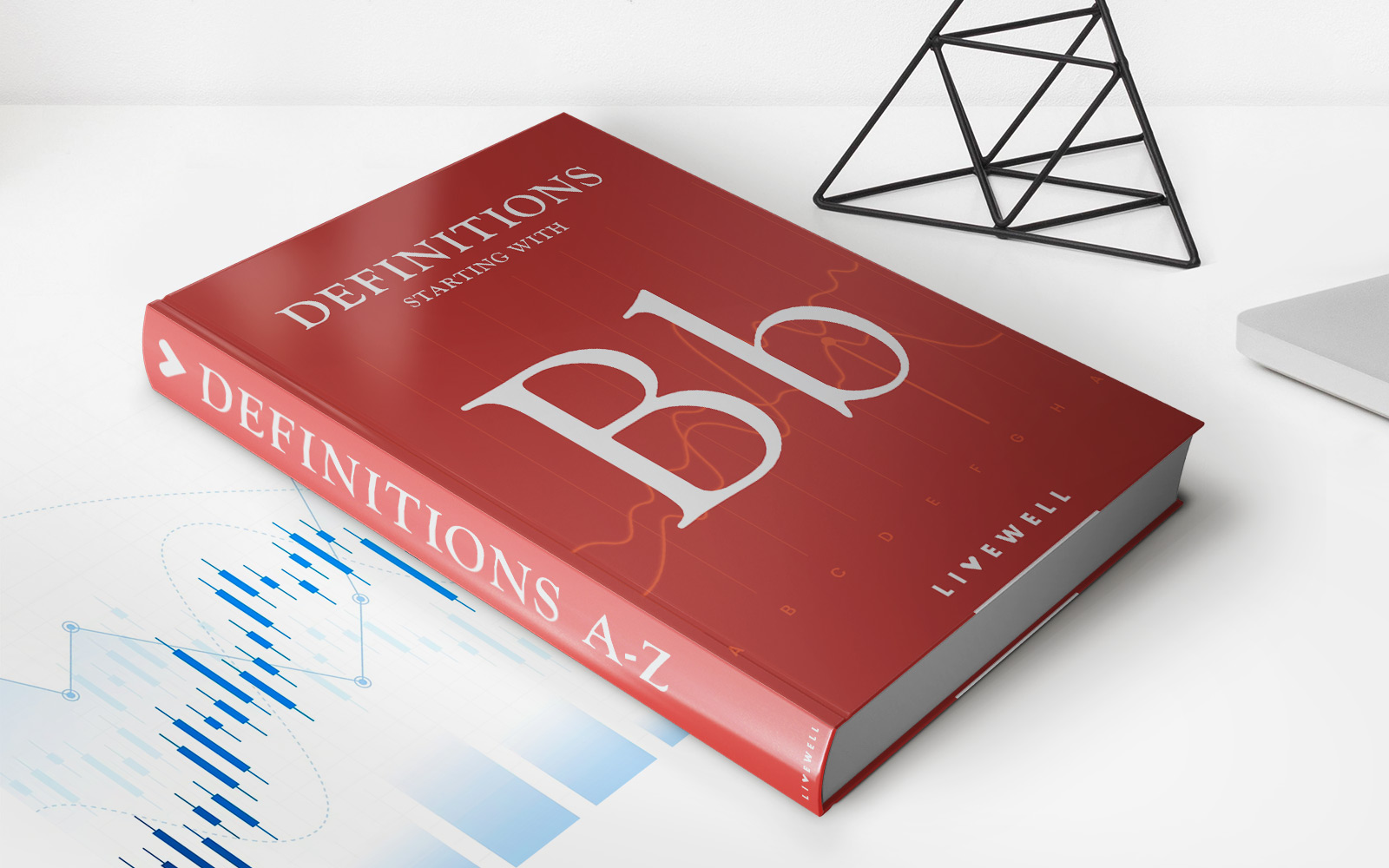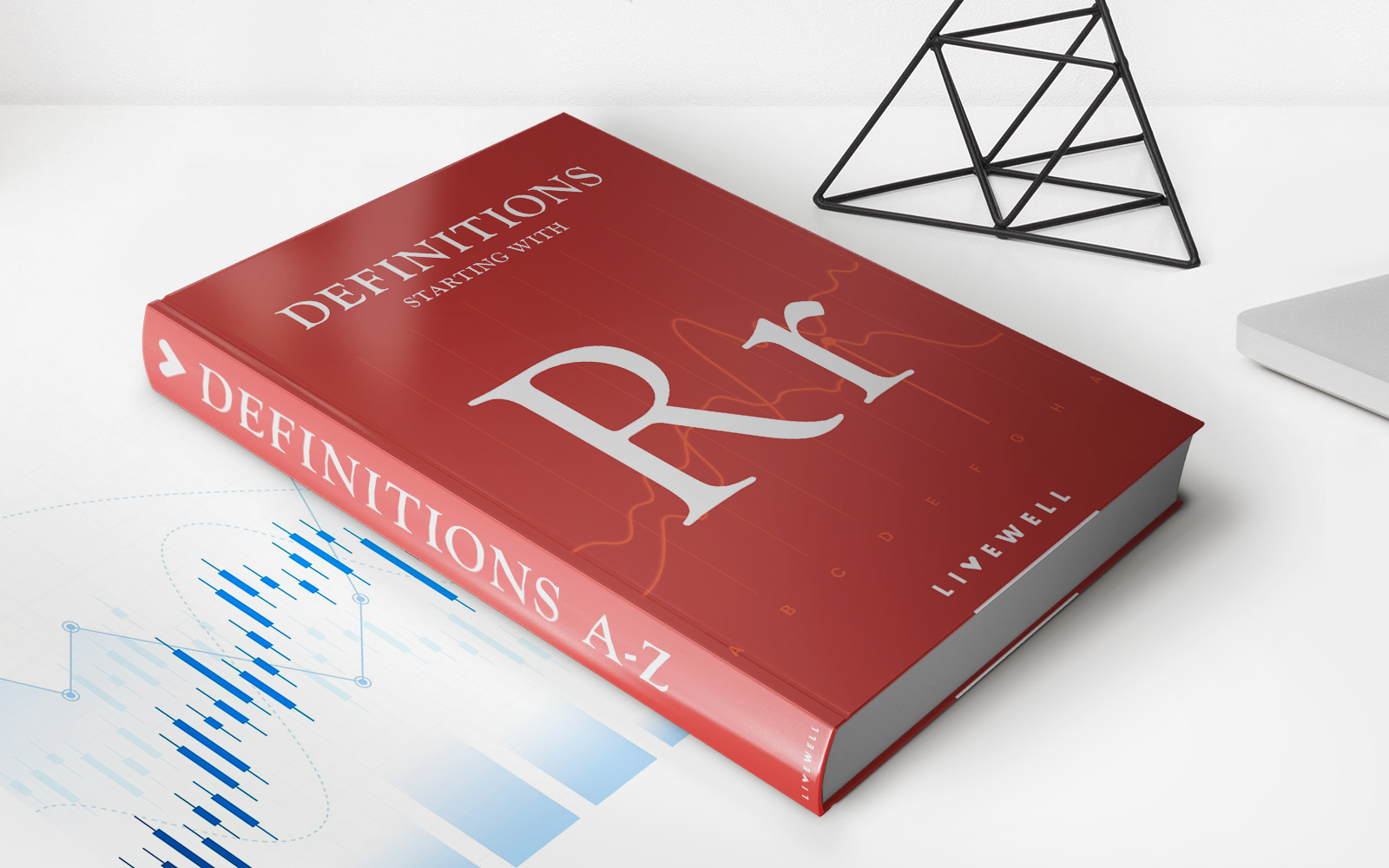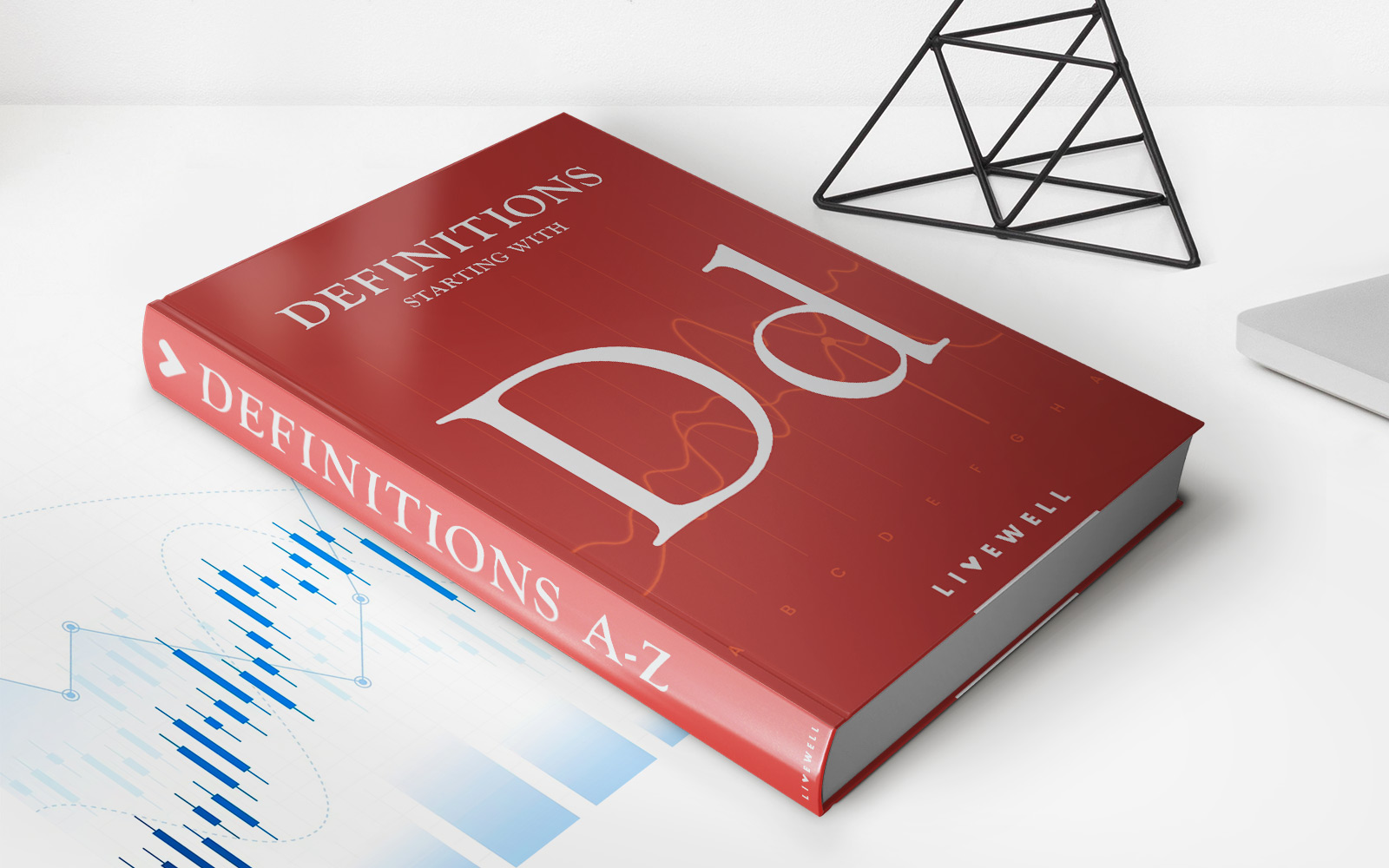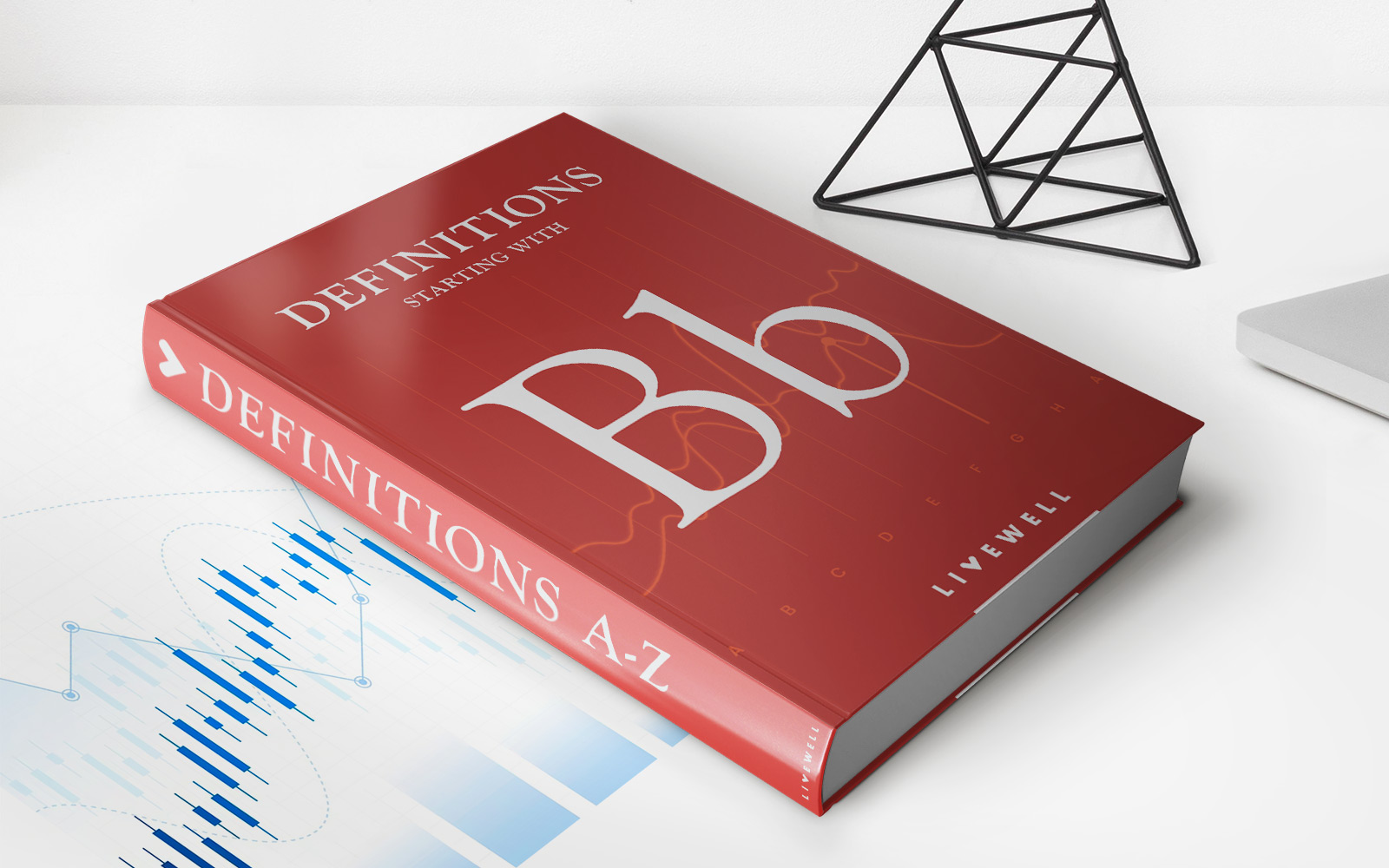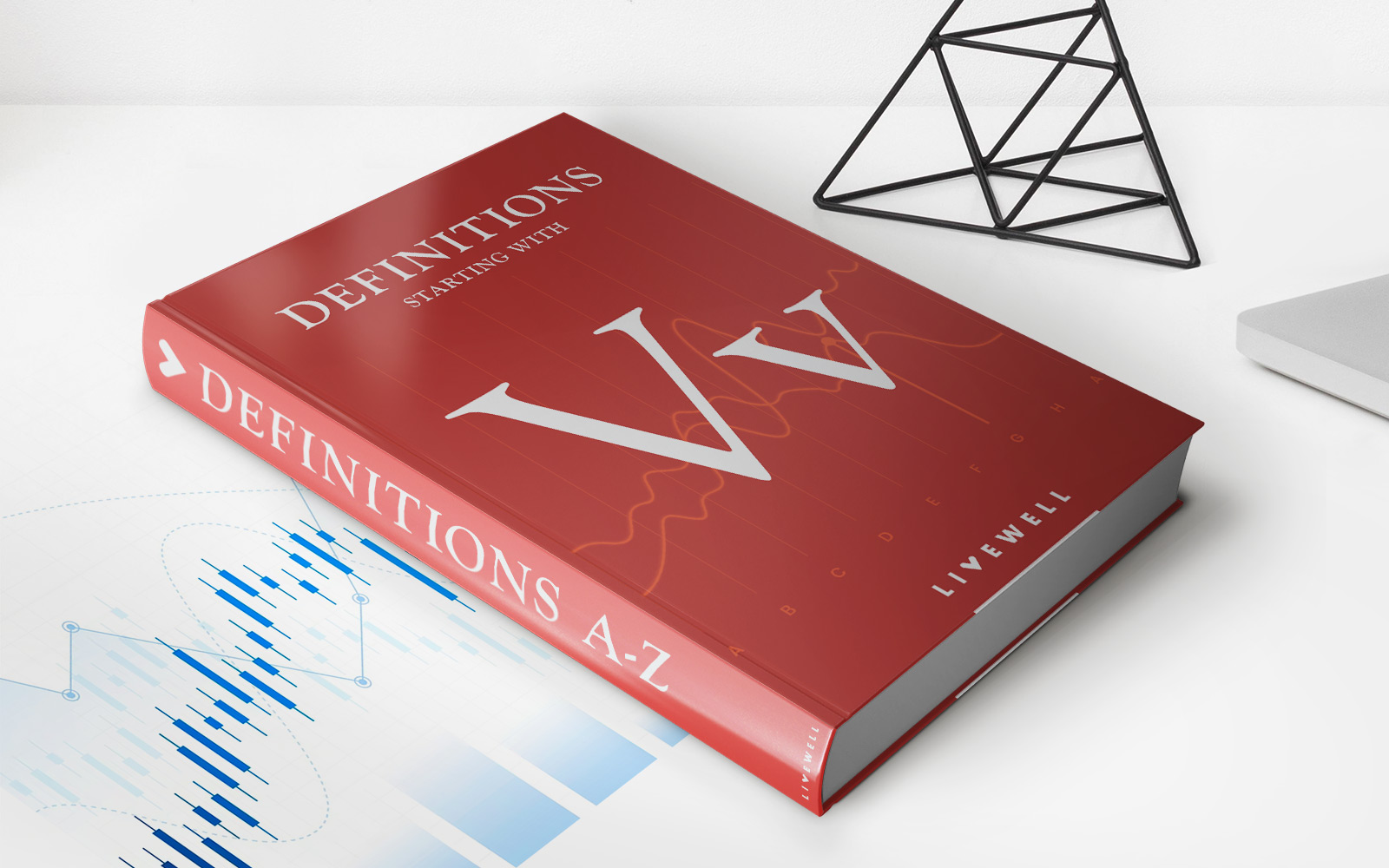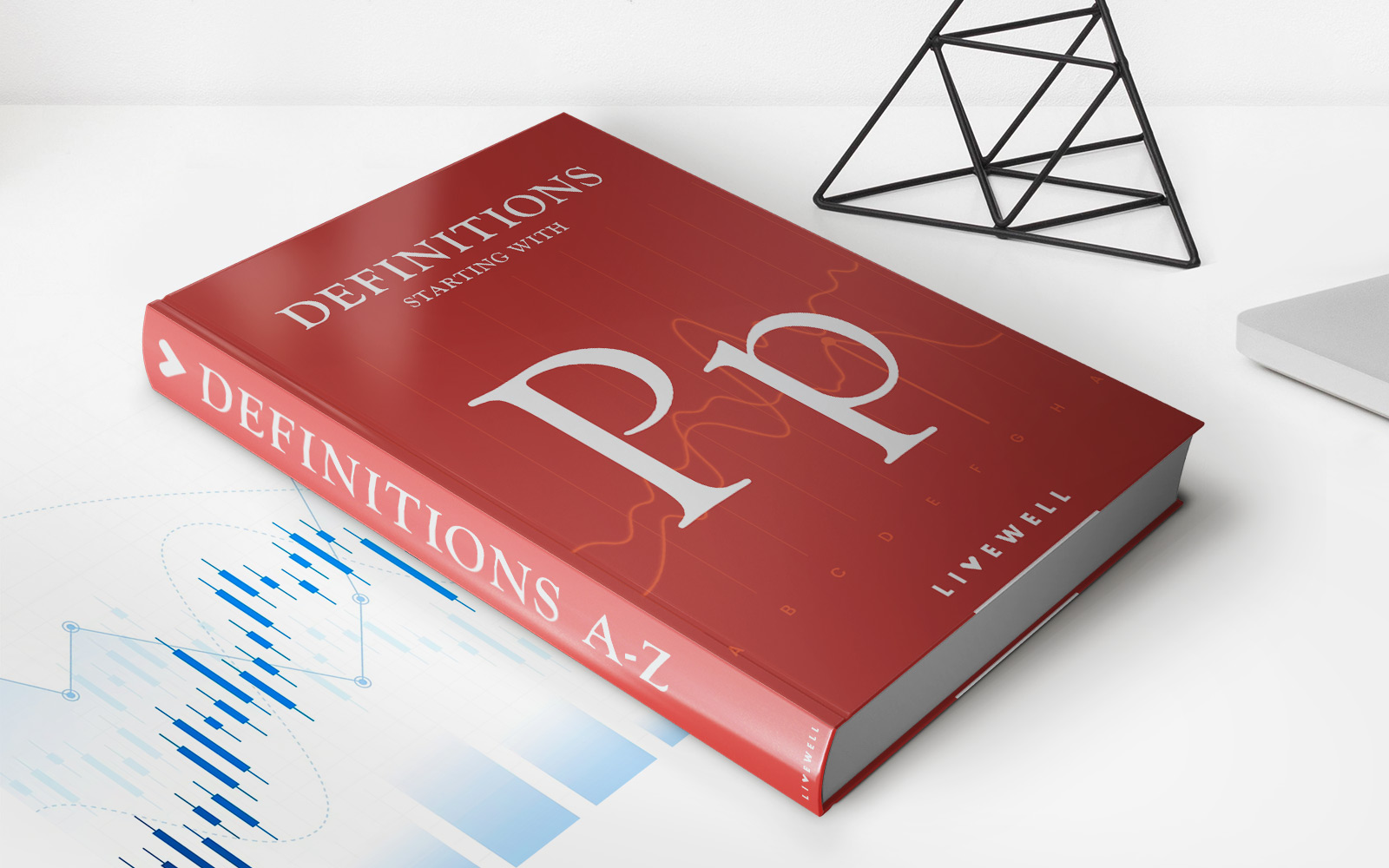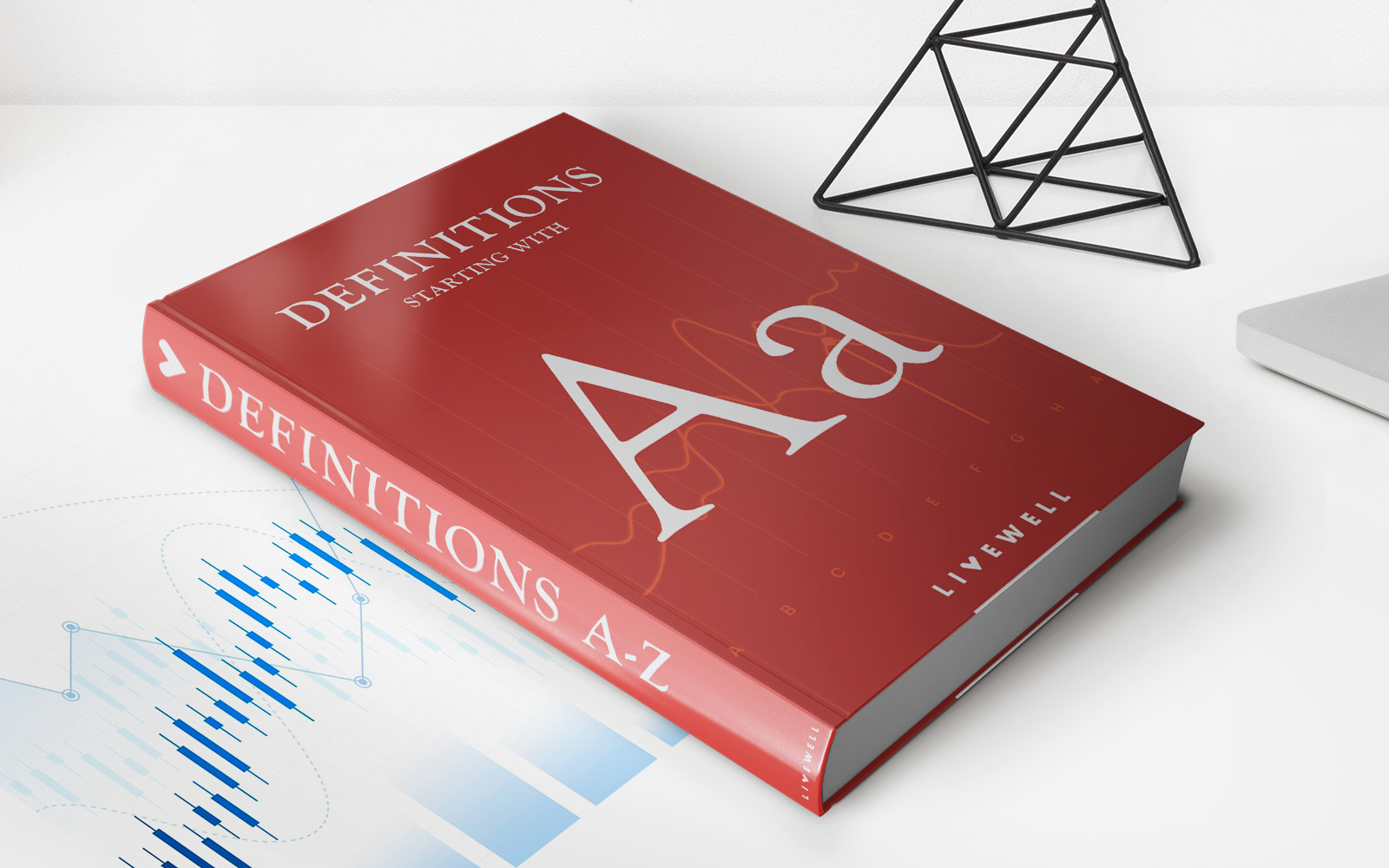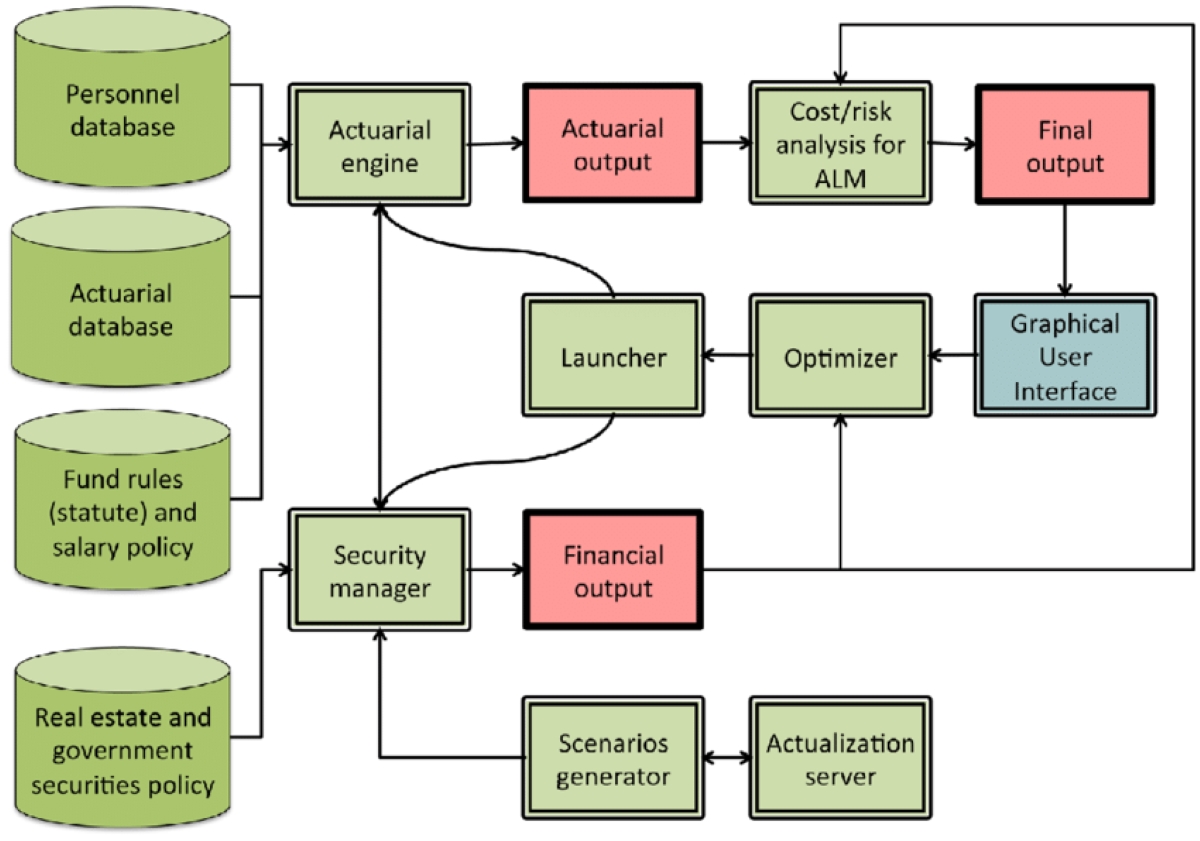Home>Finance>Normative Economics: Definition, Characteristics, And Examples
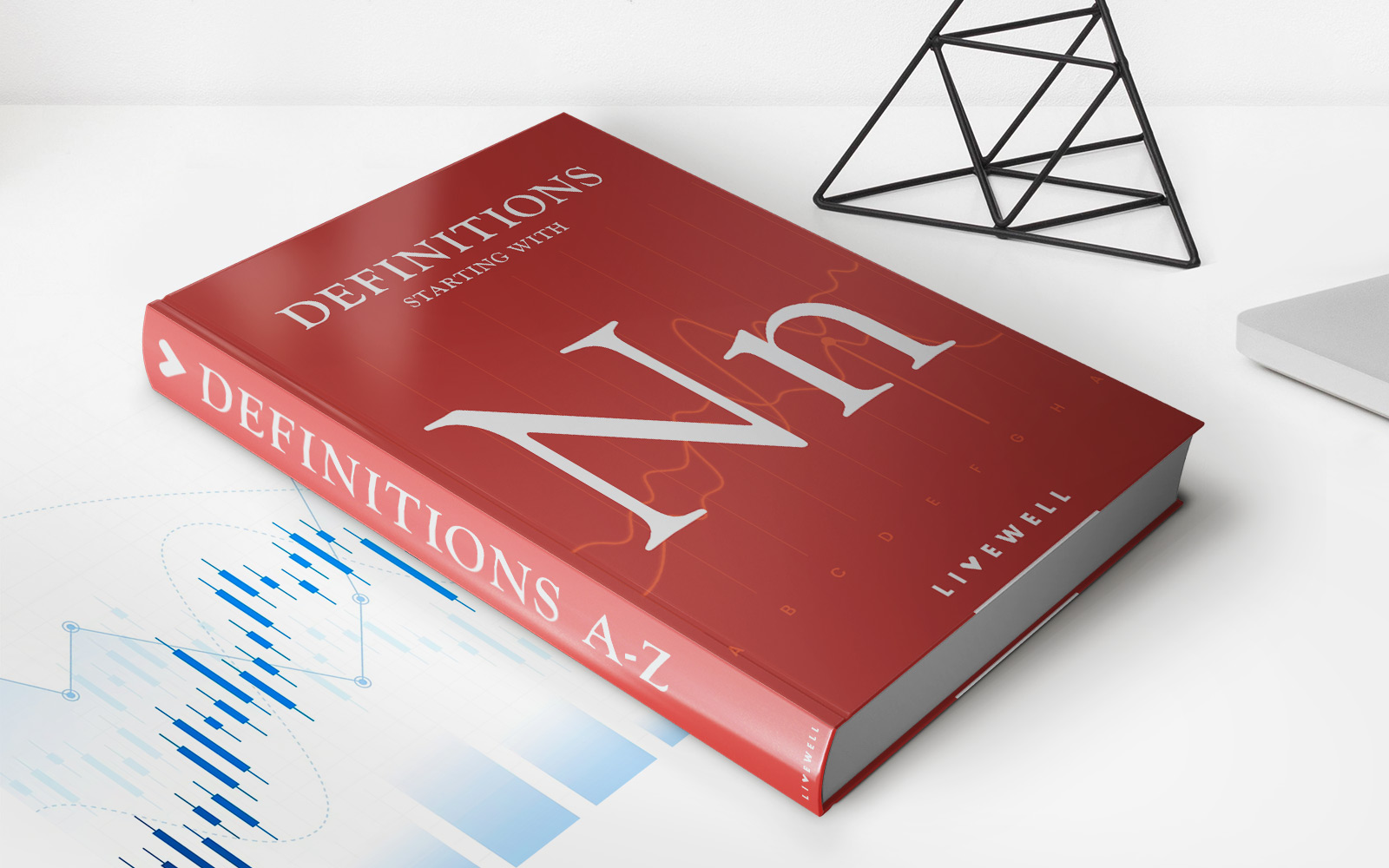

Finance
Normative Economics: Definition, Characteristics, And Examples
Published: January 1, 2024
Explore normative economics in the realm of finance, examining its definition, characteristics, and real-life examples. Gain a deeper understanding of how this branch of economics shapes financial decision-making.
(Many of the links in this article redirect to a specific reviewed product. Your purchase of these products through affiliate links helps to generate commission for LiveWell, at no extra cost. Learn more)
Understanding Normative Economics: Definition, Characteristics, and Examples
When it comes to the world of finance, there are many different branches of study to explore. One area that often comes up is normative economics. But what exactly is normative economics, and how does it differ from other branches? In this blog post, we will dive deep into the definition, characteristics, and examples of normative economics, providing you with a comprehensive understanding of this intriguing field.
Key Takeaways:
- Normative economics focuses on what ought to be, exploring value judgments and opinions in economic analysis.
- This branch of economics is concerned with generating policy recommendations and helping society make decisions based on desired outcomes.
What is Normative Economics?
Normative economics is a branch of economics that deals with value judgments and opinions about what economic outcomes should be. Unlike positive economics which focuses on objective analysis of how the economic world actually functions, normative economics explores how it ought to be. It is concerned with creating policy recommendations and guiding society to make decisions based on desired outcomes.
Characteristics of Normative Economics
Understanding the characteristics of normative economics is key to grasping its essence. Here are a few distinguishing characteristics:
- Subjectivity: Normative economics is subjective in nature, as it relies on individual opinions and value judgments. Different economists may have varying views on what outcomes are desirable.
- Value Judgments: Normative economics involves making value judgments about what is “good” or “bad” for society as a whole or specific groups within it.
- Policy Analysis: The primary role of normative economics is to provide guidance on policy formulation. It helps policymakers make decisions by presenting potential outcomes and evaluating them based on societal values and goals.
- Normative vs. Positive Economics: Normative economics differs from positive economics, which focuses on objective analysis and aims to explain how the economy functions without value judgments.
Examples of Normative Economics
To better understand normative economics, let’s explore a few examples:
- Minimum Wage: Normative economics comes into play when determining whether a minimum wage increase is desirable. Economists with different perspectives may argue for or against such an increase based on their subjective value judgments.
- Environmental Policies: Evaluating the trade-offs between economic growth and environmental conservation is another example of normative economics. Economists analyze the potential outcomes and recommend policies based on their assessment of what is best for society in the long run.
- Income Redistribution: Debates around income redistribution and taxation involve normative economic analysis. Different economists may have varying views on how wealth should be distributed and propose policies accordingly.
Normative economics plays a crucial role in shaping economic policies and helping societies make decisions based on desired outcomes. While it involves subjective judgments, it provides a framework for evaluating potential outcomes and formulating policies that align with societal values and goals.
Conclusion
Normative economics offers a different perspective on the study of economics. It focuses on value judgments and opinions, aiming to guide policymakers and society towards desired outcomes. By understanding the characteristics and examples of normative economics, individuals can gain insight into the decision-making processes that shape economic policies and their impact on society as a whole.
